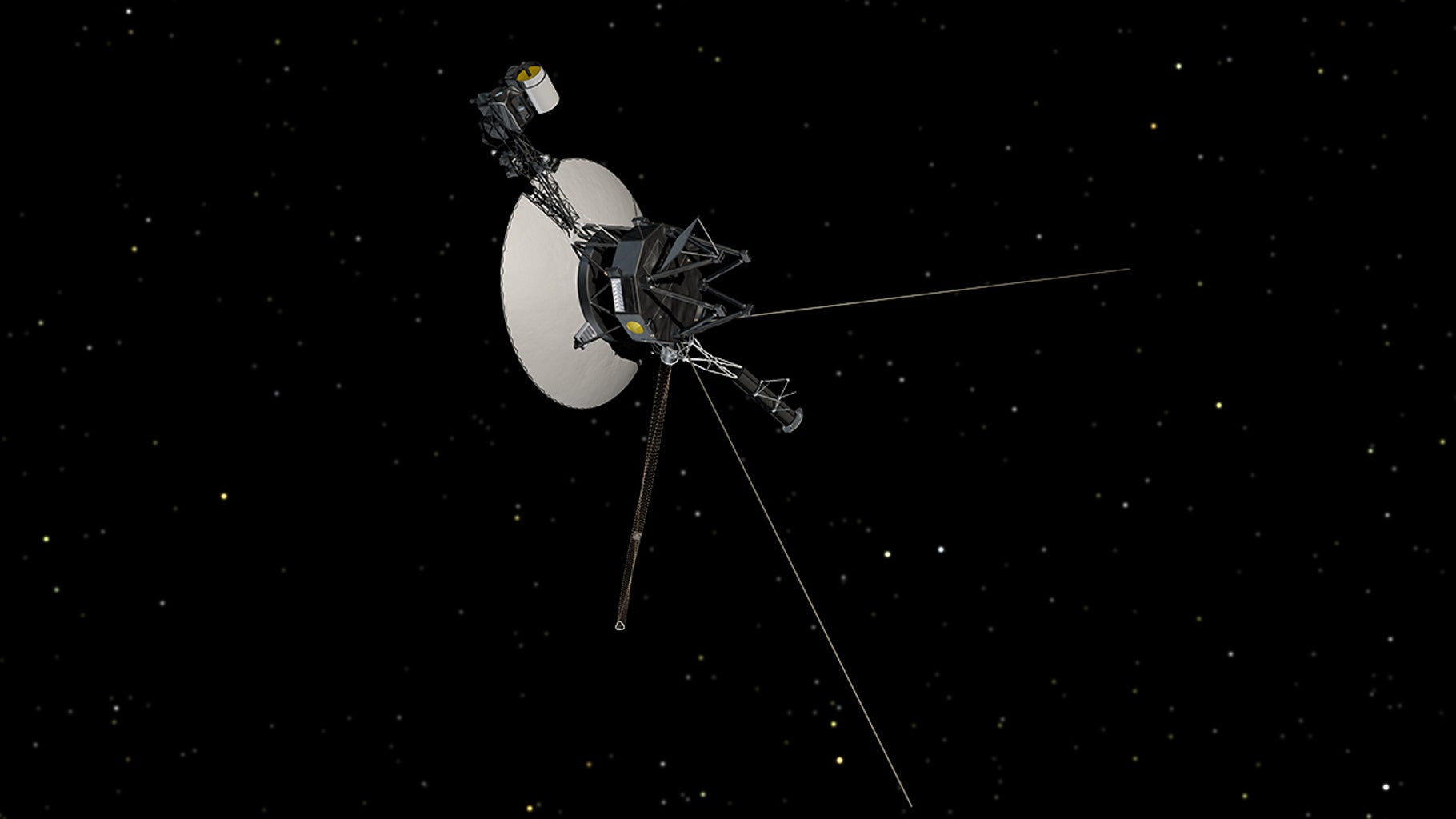Voyager 2: Nasa receives ‘heartbeat’ signal from missing spacecraft
Probe still flying on its own – and will need to readjust itself to communicate with Earth

Your support helps us to tell the story
From reproductive rights to climate change to Big Tech, The Independent is on the ground when the story is developing. Whether it's investigating the financials of Elon Musk's pro-Trump PAC or producing our latest documentary, 'The A Word', which shines a light on the American women fighting for reproductive rights, we know how important it is to parse out the facts from the messaging.
At such a critical moment in US history, we need reporters on the ground. Your donation allows us to keep sending journalists to speak to both sides of the story.
The Independent is trusted by Americans across the entire political spectrum. And unlike many other quality news outlets, we choose not to lock Americans out of our reporting and analysis with paywalls. We believe quality journalism should be available to everyone, paid for by those who can afford it.
Your support makes all the difference.Nasa has received a “heartbeat” signal from its Voyager 2 spacecraft – but it is still lost in space.
Over the weekend, Nasa announced that it had lost contact with Voyager 2, which was launched in 1977 and is now hovering on the edge of the solar system.
The space agency had inadvertently sent a message to the craft that instructed it to turn its antenna two-degrees from Earth. That in turn meant that it lost contact with the Deep Space Network, or DSN, a collection of ground-based antennas that allow for contact with distant spacecraft.
Engineers feared that they would not hear from Voyager 2 until October at the earliest. Then, it will automatically adjust itself, resetting its orientation and pointing the spacecraft back towards the Earth, when the space agency hoped it would make contact.
But Nasa has now heard a “carrier signal” from Voyager 2, sent back as the Deep Space Network scanned the sky. The space agency compared the signal to a “heartbeat”, in that it confirms that the probe is still safe and sending messages back down to Earth.
Engineers will now try and send commands to Voyager 2, instructing it to re-orient itself and point back at Earth. If that happens then it will be able to continue on again as normal, flying out into interstellar space and providing scientists with information as it goes.
The instructions might not get through, however. If that happens then engineers will be powerless to correct their mistake.
That will mean they will be back to waiting until October, which will bring the point at which the spacecraft’s software will automatically tell it to reset its direction.
Join our commenting forum
Join thought-provoking conversations, follow other Independent readers and see their replies
Comments